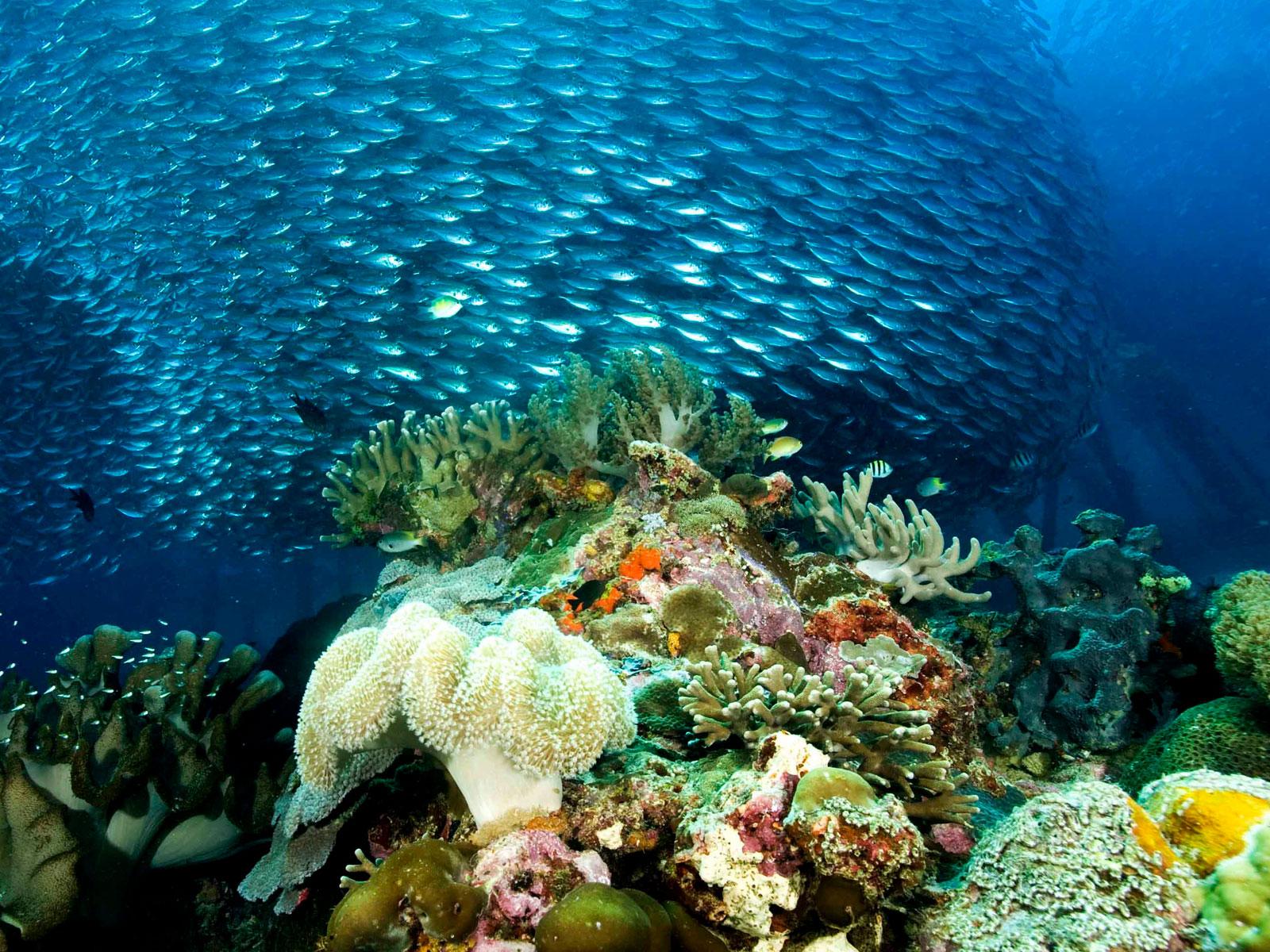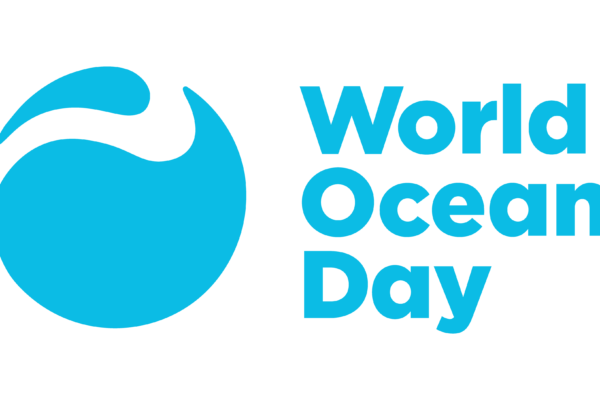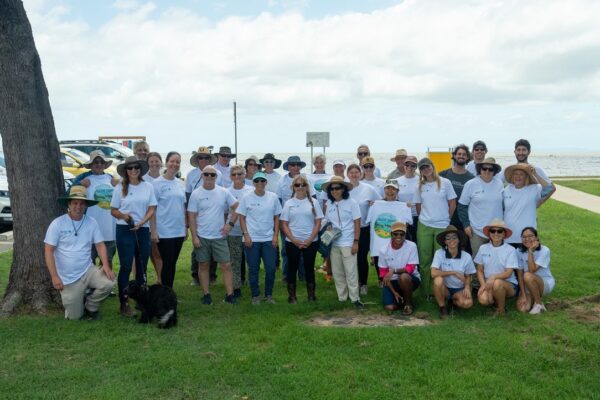Earlier this month, The Ocean Project hosted a second webinar in the Making Conservation HappenBrown Bag Webinar Series.These Friday webinars are geared specifically to helping aquariums and zoos do more in the policy space and are supported in part by the Gordon and Betty Moore Foundation.
The May 4 webinar focused on what resources zoos and aquariums already have that can impact policy discussions, and how they can be used to educate your audiences on both policy issues and the individual actions that they can take to make a difference.
- Click this link to view a recording of the May 4 webinar, Using Your Existing Resources to Have Your Voice Heard
- Click this link to view a PDF of the May 4 webinar slides
- If you missed the first webinar, on April 13, it can be seen at this link or you can view PDF version here
- Click hereto register for the next webinar at 1PM EST on June 15 about the results of three public engagementpilot projects
During this most recent webinar, Katie Cubina, Senior Vice President of Mission Programs at Mystic Aquarium, told the story of their campaign to advocate for the designation of the Northeast Canyons and Seamounts National Marine Monument. Their effort included educating the public onsite at their seal show, writing an op-ed for the New Haven Registerand other media outreach, engaging Members of Congress (especially those from Connecticut), promoting their scientific research and exploration projects, and newspaper ads thanking President Obama after he used the Antiquities Act to make the designation. Katie also discussed the work they are doing to help influence the management plan which ultimately determines the level of protections for the Monument and the “Our Blue Park” exhibit that continues to educate their guests on this unique national resource.
Mark Antoniewicz, Director of Communications at the Hip Hop Caucus and formerly with the Obama Administration Council on Environmental Quality (CEQ), spoke about how aquariums and zoos helped build the public support constituency needed to establish the monuments in New England and also Hawaii. He shared memories of how meaningful the meetings were with representatives of zoos and aquariums coming to talk with CEQ, largely because of the content and the fresh and new perspective that they brought (and likewise, the importance of hearing from youth on these issues – see, for instance, Sea Youth Rise Up). Mark talked about how, in his new position at the Hip Hop Caucus, he is focused on engaging and bringing new voices to policy debates, and he left us with advice he has carried with him from his experience serving President Obama: “Either you shape policy or policy shapes you.”
In addition to providing some suggestions of your institutional resources that can be used as part of an education and engagement effort, we also shared examples of communication tactics where effective messages were delivered to audiences onsite, offsite, and website video (YouTube channel). We wanted to share how important contributions to constituency building can be made simply by educating your guests about an issue or challenge without mentioning a policy proposal. The examples we chose to highlight did not come close to approaching the legal definition of lobbying and, I believe, something similar can be found at your institution.
Take plastic pollution as an example:
- Your institution helps visitors connect to the issue and they sign a pledge to stop using plastic straws;
- Your institution informs your local policymakers of your visitors concerns and commitment to
- Weeks or months later visitors see a proposal for a local ordinance to limit plastic straws and they are more likely to be supportive and feel part of that effort
- Regardless of whether you have taken an official position and/or engaged in lobbying governmental officials, your role in increasing public awareness played an important part in that policy change.
These first two webinars in the series focused on the importance for zoos and aquariums to engage on public policy issues.
Save the date for the next “brown bag” webinar, to be held on Friday, June 15 at 1pm EST…the webinar will provide the results of three pilot projects about engaging guests on a policy issue (fisheries policy) , looking for ways that raise and document concern while improving experience. These pilots build on The Ocean Project’s research that repeatedly has demonstrated that zoo and aquariums guests expect, trust, and appreciate conservation information, especially when it includes a way where “together” with your institution they can make a difference.




